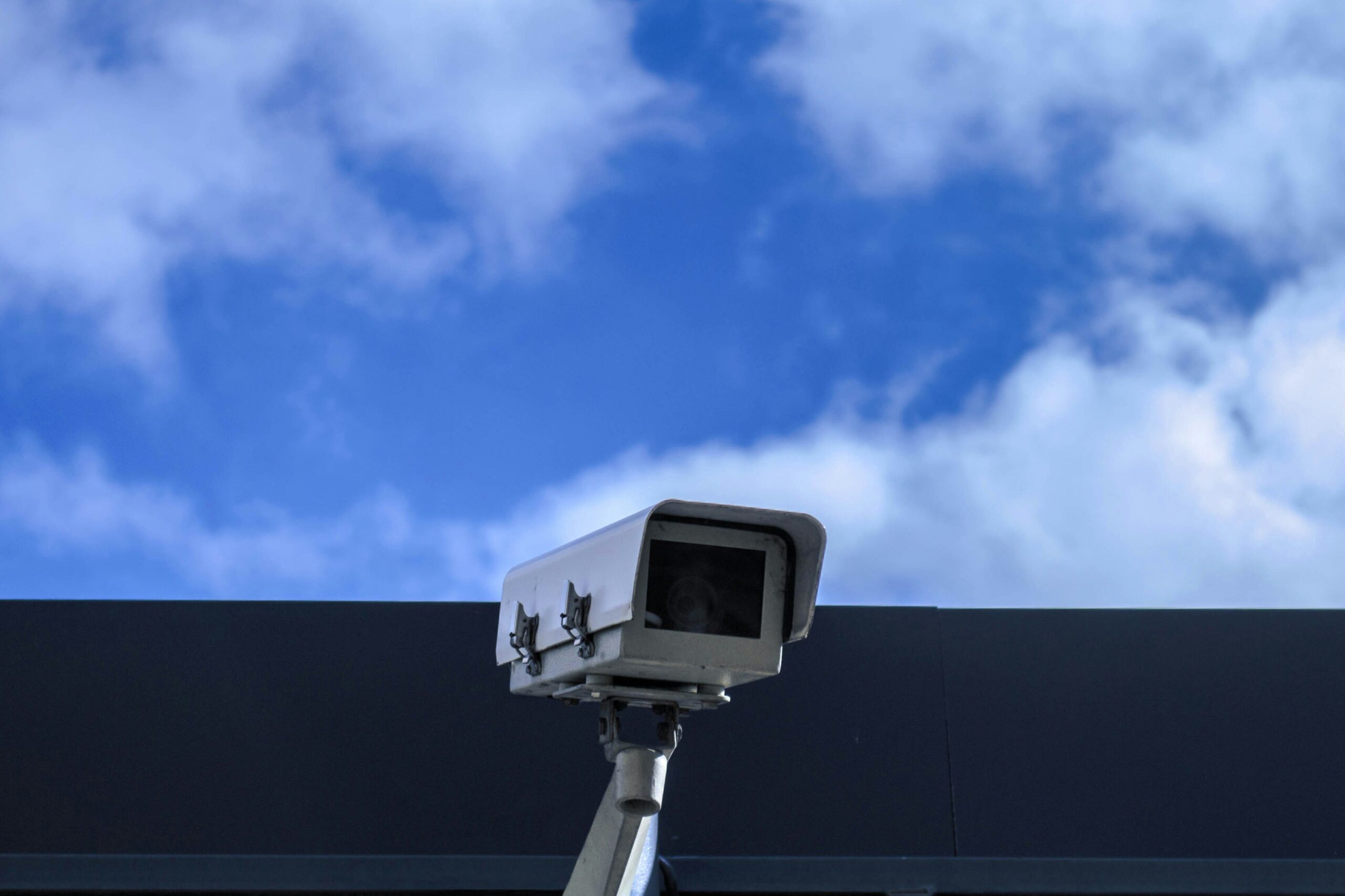Data Security Solutions: Protecting Your Most Valuable Asset
April 8, 2024 | by aarbi4712

Data Security Solutions: Protecting Your Most Valuable Asset
In today’s digital age, data has become one of the most valuable assets for businesses. From customer information to financial records, companies rely on data for decision-making and operations. However, with the increasing threat of cyberattacks and data breaches, it has become crucial for organizations to prioritize data security. This blog post will discuss the importance of data security solutions and highlight some of the top vendors in the market.
With the rise of cloud computing and the widespread use of mobile devices, the amount of data being generated and stored has grown exponentially. This has created new challenges for businesses in terms of protecting sensitive information and ensuring compliance with data protection regulations. Data breaches can have far-reaching consequences, including financial loss, reputational damage, and legal liabilities.
Data security solutions encompass a range of technologies and practices designed to protect data from unauthorized access, use, disclosure, disruption, modification, or destruction. These solutions include encryption, access controls, firewalls, intrusion detection systems, and security information and event management (SIEM) tools. These technologies work together to create multiple layers of defense, making it more difficult for hackers to gain unauthorized access to sensitive data.
One of the key components of data security solutions is encryption. Encryption is the process of converting data into a format that is unreadable to anyone without the proper decryption key. This ensures that even if data is intercepted or stolen, it cannot be accessed or used by unauthorized individuals. Encryption can be applied to data at rest (stored on servers or devices) and data in transit (being transmitted over networks).
Access controls are another important aspect of data security solutions. Access controls determine who can access certain data and what actions they can perform. This helps prevent unauthorized individuals from gaining access to sensitive information. Access controls can be implemented through the use of usernames and passwords, multi-factor authentication, and role-based access controls.
Firewalls and intrusion detection systems are designed to monitor network traffic and identify and block any suspicious or malicious activity. Firewalls act as a barrier between a trusted internal network and an untrusted external network, filtering incoming and outgoing traffic based on predefined security rules. Intrusion detection systems (IDS) monitor network traffic for signs of unauthorized access or malicious activity and send alerts to system administrators.
SIEM tools are used to collect, analyze, and correlate security event logs from various sources, such as firewalls, intrusion detection systems, and servers. This helps organizations identify patterns and anomalies that may indicate a security breach or attack. SIEM tools also provide real-time monitoring and reporting capabilities, allowing organizations to respond quickly to security incidents.
When it comes to data security solutions, there are several top vendors in the market that offer comprehensive and advanced solutions. Some of these vendors include Cisco, Palo Alto Networks, Symantec, and Fortinet. These vendors offer a range of products and services, including firewalls, intrusion detection systems, encryption solutions, and SIEM tools.
In conclusion, data security solutions are essential for protecting one of the most valuable assets of businesses: data. With the increasing threat of cyberattacks and data breaches, organizations must prioritize data security to avoid financial loss, reputational damage, and legal liabilities. By implementing a combination of encryption, access controls, firewalls, intrusion detection systems, and SIEM tools, businesses can create multiple layers of defense to safeguard their data. Choosing the right data security vendor is also crucial, as they can provide the expertise and solutions needed to effectively protect sensitive information.
4. Building Trust and Customer Confidence
Data security is crucial for building trust and maintaining customer confidence. In today’s digital age, consumers are increasingly concerned about the security of their personal information. By implementing robust data security measures, businesses can demonstrate their commitment to protecting customer data, which in turn enhances trust and confidence in their brand.
5. Safeguarding Intellectual Property
Intellectual property, such as patents, trademarks, and copyrights, is a valuable asset for businesses. Data security measures play a vital role in safeguarding this intellectual property from theft or unauthorized use. By protecting their intellectual property, businesses can maintain a competitive advantage and prevent potential losses.
6. Preventing Identity Theft
Data breaches often result in the theft of personal information, which can be used for identity theft. Identity theft can have devastating consequences for individuals, including financial loss, damage to credit scores, and reputational harm. Robust data security measures help prevent unauthorized access to personal information, reducing the risk of identity theft.
7. Ensuring Data Integrity
Data integrity refers to the accuracy, consistency, and reliability of data. Without proper data security measures, data can be easily manipulated or tampered with, compromising its integrity. By implementing data security solutions, businesses can ensure the integrity of their data, which is essential for making informed decisions and maintaining the trust of stakeholders.
In conclusion, data security is of paramount importance in today’s digital landscape. It not only protects confidential information, ensures regulatory compliance, and maintains business continuity, but also builds trust, safeguards intellectual property, prevents identity theft, and ensures data integrity. Businesses must prioritize data security to mitigate risks and protect their most valuable asset: data.
4. Vendor D
Another top vendor in the data security solutions market is Vendor D. They offer a comprehensive suite of products that address various aspects of data protection. Their solutions include data encryption, data masking, and data tokenization. With Vendor D’s advanced encryption algorithms, businesses can ensure that their sensitive data remains secure, even in the event of a breach.
Vendor D also provides data backup and recovery solutions, enabling organizations to easily restore their data in case of data loss or system failures. Their backup solutions offer both on-premises and cloud-based options, giving businesses flexibility and scalability in managing their data backups.
In addition to data protection and backup, Vendor D offers data governance and compliance solutions. These solutions help organizations ensure that they are following industry regulations and best practices for data security. Vendor D’s compliance tools provide automated monitoring and reporting capabilities, making it easier for businesses to demonstrate their adherence to data protection standards.
Furthermore, Vendor D offers advanced threat detection and response solutions. Their systems use artificial intelligence and machine learning algorithms to analyze network traffic and identify potential security threats. With real-time alerts and proactive threat hunting capabilities, businesses can stay one step ahead of cybercriminals and protect their data from evolving threats.
Overall, Vendor D is a trusted provider of data security solutions, offering a comprehensive suite of products that cover all aspects of data protection, backup, governance, and threat detection. Their solutions are designed to help businesses safeguard their sensitive information and maintain a strong security posture in today’s ever-changing threat landscape.
6. Multi-factor Authentication
Multi-factor authentication adds an extra layer of security by requiring users to provide multiple forms of identification before accessing sensitive data. This can include something the user knows (such as a password), something they have (such as a mobile device), or something they are (such as a fingerprint or facial recognition).
7. Data Backup and Recovery
Data security solutions should include robust backup and recovery capabilities to ensure that data can be restored in the event of a breach or data loss. Look for solutions that offer automated backups, off-site storage options, and the ability to quickly restore data to minimize downtime.
8. Auditing and Compliance
Auditing and compliance features are essential for organizations that need to adhere to industry regulations and standards. Look for solutions that provide comprehensive audit logs, real-time monitoring, and reporting capabilities to demonstrate compliance and identify any potential security gaps.
9. Scalability and Integration
As your organization grows, your data security needs may change. It is important to choose a solution that can scale with your business and integrate seamlessly with other security tools and systems. Look for solutions that offer flexible deployment options and support for industry-standard protocols.
10. Vendor Reputation and Support
When selecting a data security solution, consider the reputation and support provided by the vendor. Look for vendors with a proven track record in the industry and positive customer reviews. Additionally, ensure that the vendor offers comprehensive support, including timely updates, patches, and responsive customer service.
By considering these key features, you can choose a data security solution that aligns with your organization’s specific needs and provides robust protection for your sensitive data.
p>Expand your TPRM knowledge and capabilities with in-depth resources at Third-Party Risk Management.
RELATED POSTS
View all


